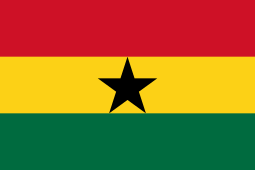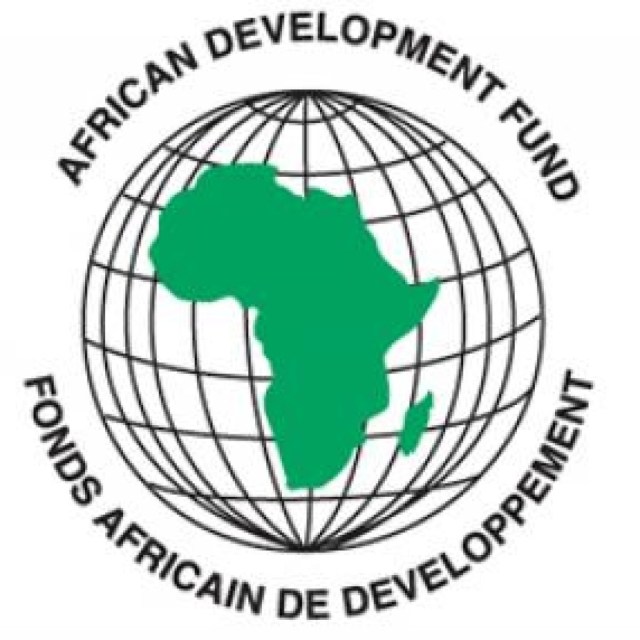Ghana must legislate new measures to boost revenues by at least 0.5 percent of gross domestic product before the IMF reviews a $918-million credit deal next month, the Fund said.
The West African nation must also outline plans to clean up the financial sector and show stronger commitment to cut debt, including limiting its next Eurobond for budget support to $500 million, IMF said in a document seen by Reuters.
Finance Minister Ken Ofori-Atta said last week the government planned to issue up to $2 billion of sovereign issuance by June to pay down debt that hit 68.7 percent of GDP last November and help finance the 2018 budget.
Ghana is seeking a combined fifth and sixth review of the IMF programme in early April, government and IMF sources told Reuters. The fifth review, originally scheduled for December, had delayed pending implementation of benchmark structural reforms.
“Parliament to adopt revenue measures equivalent to 0.5 percent of GDP (one billion cedis) by March 31 and do more later,” the Fund said. The document, dated Feb. 26, formed the basis for talks between an IMF staff mission and the government this week.
The mission left Accra on Thursday after discussing the actions required for the next review, as well as other reforms needed to exit the programme early next year. It is unclear if the talks were conclusive.
Ghana, which exports cocoa, gold and oil, is in its final year of the programme, designed to stabilise an economy dogged by high inflation and debt, and low growth.
The Fund said the government must publish by end of March an agreement between the finance ministry and Bank of Ghana to reinforce zero financing of the budget deficit, a core condition of the programme.
The government of President Nana Akufo-Addo, inaugurated in January 2017, said it inherited $2.3 billion in accumulated debt owed to power utilities and has launched long-term bonds for repayment.
It is also probing unpaid contract arrears of around $1.6 billion.
The IMF said while the country made progress, the central bank must adopt a fully market-based foreign exchange management policy and cut non-performing loans.
The government aims to cut the budget deficit to 4.5 percent of GDP in 2018 from a revised 6.3 percent while inflation is projected to fall to 8.9 percent. It sees GDP growth at 6.8 percent from a projected 7.9 percent in 2017.
Source Reuters














